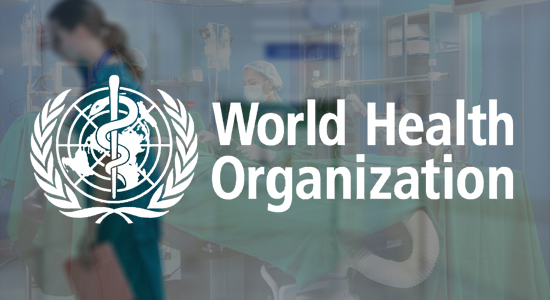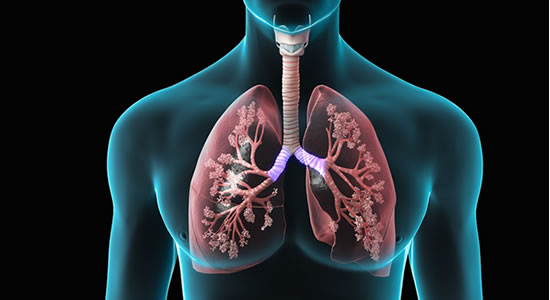The World Health Organisation (WHO) said each year, 7 out of 10 deaths recorded globally are caused by Non-Communicable Diseases (NCDs), mostly from tobacco and alcohol consumption, unhealthy diets and lack of physical.
The global organisation made the disclosure during the launching of the Independent Global High-level Commission on NCDs, noting that bold and innovative solutions were now on the table to accelerate the prevention and control of deadly NCDs.
The UN health agency said such NCDs included hearing loss and lung disease, cancers and diabetes.
Research Links Cleaning Products To Poorer Lung Function
A new research has found that regular exposure to cleaning products could significantly affect lungs function.
The study, conducted by a team from Norway's University of Bergen and spearheaded by Prof Cecile Svanes, was published in the American Thoracic Society's American Journal of Respiratory and Critical Care Medicine.
Adults in the study were followed for more than 20 years.
UK-Based Nigerian Student Develops New Technique To Detect Retina Damage
Bashir Dodo, a 29-year-old Nigerian doctoral student in Brunel University’s department of Computer Science in London, has developed a technique for identifying and diagnosing damage to the human retina. The retina is the third layer of the eye, it receives light that the lens has focused, converts the light into neural signals, and sends these signals on to the brain for visual recognition.
Study Links Hearing Loss To Poor Nutrition In Early Childhood
A new study suggests that young adults who were malnourished at an early age were approximately twice as likely to experience hearing loss as their better- nourished peers.
The study, led by researchers at the Johns Hopkins Bloomberg School of Public Health, United States (U.S.), analyzed the relationship between the hearing of more than 2,200 young adults in Nepal and their nutritional levels as children 16 years earlier.
The study which was published in the American Journal of Clinical Nutrition, suggest that nutritional interventions in South Asia could assist prevent hearing loss, a condition which currently affects an estimated 116 million youths in the region.
WHO Move To Curtail Caesarean Sections Through New Guidelines
The World Health Organisation has revealed on Thursday that in a bid to curtail the unnecessary surge of caesarean sections during childbirth, it has revised a benchmark used by health professionals worldwide in caring for women.
According to Olufemi Oladapo, a medical officer with the World Health Organization’s department of reproductive health, since the 1950s, a woman progressing through labour at a rate slower than one centimetre of cervical dilation per hour has been considered “abnormal”.
"When doctors and other care givers confront labour moving slower than that rate, the tendency is to act, either with a caesarean section or with the use of drugs like oxytocin that speeds up labour, leading to the increased medicalisation of childbirth," Oladapo added.
Injection Helps Immune System Fight Cancer
A recent study in mice describes a new way to incite these attacks by injecting an immune-stimulating mixture directly into tumours. The shots trigger the animal’s immune system to eliminate not only the injected tumours but also other tumours in their bodies. “This is a very important study,” says immunologist Keith Knutson of the Mayo Clinic in Jacksonville, Florida, who wasn’t connected to the research. “It provides a good pretext for going into humans.”
NAFDAC Seals 24 Unlicensed Bakeries In Borno
The Coordinator of National Agency for Food, Drug Administration and Control (NAFDAC) in Borno state, Mr Nasiru Mato on Wednesday said 24 bakeries have been sealed in Maiduguri for operating without licenses. Mr. Mato made the disclosure while briefing newsmen in Maiduguri. He explained that the Bakeries were sealed because the operators failed to comply with standard operational guidelines, as well as their failure to renew or obtain the required licenses.

























